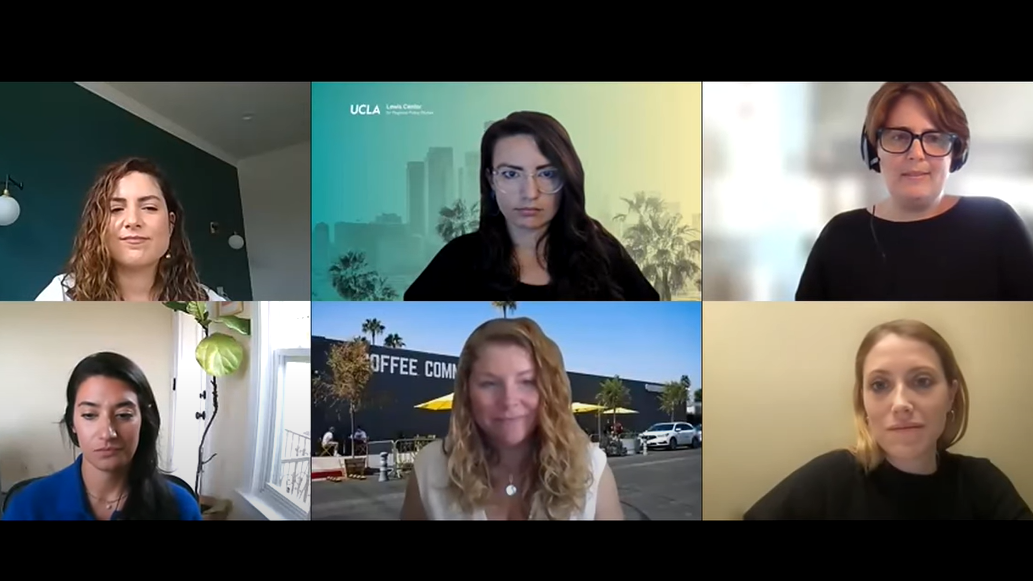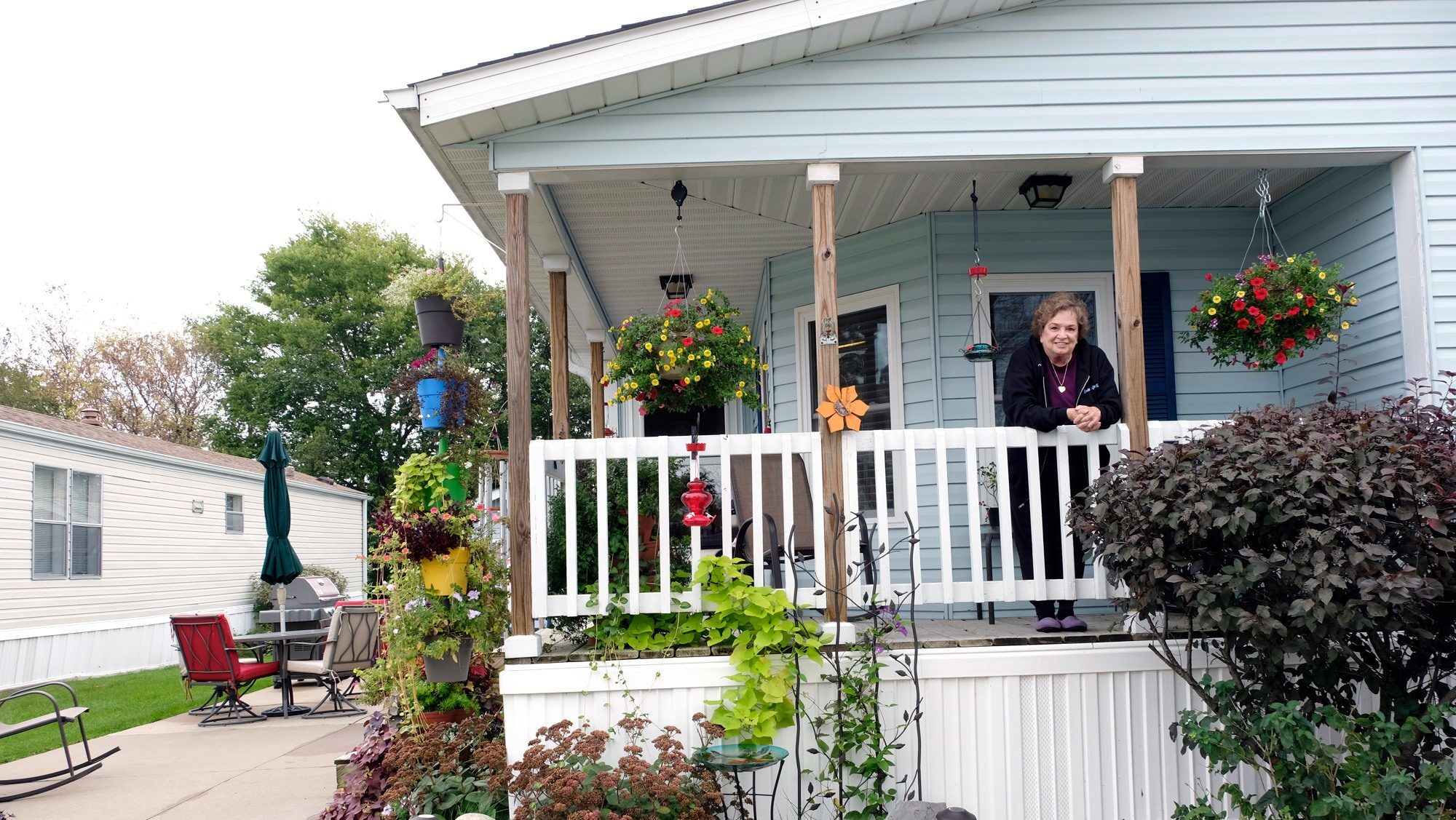
Looking beyond the numbers for gender-equitable transportation systems
Transportation experts and officials are taking notice of the importance of qualitative research methods to identify gaps in access to transportation in Los Angeles.
The recently published “Changing Lanes: A Gender Equity Transportation Study” by the Los Angeles Department of Transportation, used community-based research to gain a better understanding of how gender gaps in transportation affect the daily lives of women. Data now back much of this lived experience: Los Angeles transportation systems are failing women, especially BIPOC women.
“Gender-equitable mobility matters because it is essential to opportunity,” said Seleta Reynolds, LADOT general manager during a Sept. 2 ITS America event that discussed the report’s findings and the community-based research process.
“Disparity in transportation access creates an opportunity gap, therefore building gender-equitable systems supports economic development, racial justice, and community health and resilience.”
The report highlighted that women with lower incomes are dependent on transportation systems that are not designed to meet their needs, often requiring a 45-minute or longer bus ride to run basic errands such as going to a grocery store. Meanwhile, women with higher incomes can use their resources to overcome transportation inequity through rideshare applications, for example.
“The burden of women’s transportation needs is very unequal,” said Madeline Brozen, deputy director of the Lewis Center. Brozen, along with UCLA professors Evelyn Blumenberg and Anastasia Loukaitou-Sideris provided research analysis for the report. “You cannot just look at gender alone.”
To find connections between gender and systemic inequity that limit women’s ability to travel, the researchers interviewed women in three neighborhoods with high proportions of BIPOC residents and women workers who live in zero-car households. Rather than solely focusing on quantitative data, the researchers worked with community members throughout every phase of the project.
Reynolds explained that the transportation field is going through a welcomed shift from its technical and data-driven nature to “valuing lived experience as an essential input into the work that we do in transportation.”
Naria Kiani, KDI senior planning coordinator, and Jessica Schoner, Toole Design Group data science practice lead, who were also a part of the research team and discussion panel, highlighted the potential of community-based research processes to develop solutions to transportation equity gaps. Kiani mentioned that the community-based approach allowed them to get detailed stories about transportation needs that a quantitative approach would be unable to.



